Table of Contents
ToggleSources
- https://www.law.cornell.edu/constitution/amendmentxi
The Legal Information Institute at Cornell Law School provides the full text of the Eleventh Amendment, which is directly relevant to understanding its wording and legal implications. - https://www.oyez.org/cases/1789-1850/2us419
Oyez, a reliable source for Supreme Court cases, details the Chisholm v. Georgia case, which is central to the blog post's discussion of the origins of the Eleventh Amendment. - https://www.history.com/topics/united-states-constitution/11th-amendment
History.com offers a historical overview of the Eleventh Amendment, including its background and significance, which supports the post's narrative about its origins and impact. - https://www.britannica.com/topic/Eleventh-Amendment
Encyclopaedia Britannica provides an authoritative explanation of the Eleventh Amendment, including its interpretations and exceptions, aligning with the blog post's detailed analysis. - https://www.supremecourt.gov/about/constitutional.aspx
The official U.S. Supreme Court website offers insights into the Court's role in interpreting constitutional amendments, including the Eleventh Amendment, which is relevant to the post's discussion of judicial power.
Key Points
- Alexander Chisholm sued Georgia in 1793 for unpaid goods supplied during the American War of Independence.
- Georgia claimed immunity from being sued by a resident of another state, but the Supreme Court ruled in Chisholm's favor.
- The Supreme Court argued that disputes between a state and a resident of another state fell under federal judicial power.
- Congress proposed the 11th Amendment to overturn the Supreme Court's decision in the Chisholm case.
- The 11th Amendment aimed to limit federal judicial power in disputes involving states and citizens of other states or foreign states.
- There are four interpretations of the 11th Amendment, ranging from state consent for lawsuits to federal court jurisdiction limitations.
- Exceptions to the 11th Amendment include lawsuits against municipalities and state consent for federal court cases.
- The 11th Amendment supports the concept of state sovereignty while acknowledging partial immunity.
- The 11th Amendment was the first constitutional amendment passed in response to an interpretation issue in U.S. law.
- The amendment was ratified on February 7, 1795, by all states.
Summary
The Eleventh Amendment originated from the 1793 Supreme Court case *Chisholm v. Georgia*, where the Court ruled that a citizen could sue a state in federal court. In response, Congress swiftly passed the Eleventh Amendment in 1795 to limit federal judicial power, ensuring states could not be sued by citizens of other states without consent. However, interpretations of the amendment vary, and exceptions exist, such as lawsuits against municipalities or when a state waives immunity. The amendment reinforces the concept of partial state sovereignty within the federal system.
Origins of the Eleventh Amendment
In 1793 a resident of South Carolina by the name of Alexander Chisholm took the State of Georgia to court. He claimed that Georgia had failed to pay him for goods he had supplied during the American War of Independence.

Georgia refused the claim and would not co-operate, arguing that it had immunity from being sued by a resident of another state.
This immunity, it claimed, was guaranteed by the Constitution. The United States Supreme Court under Chief Justice John Jay, however, took a different stance and found in Chisholm’s favor.
Supreme Court exercising judicial power
The Supreme Court in Washington DC argued that the United States Constitution allowed that any dispute between a state and someone from another state came within their remit.
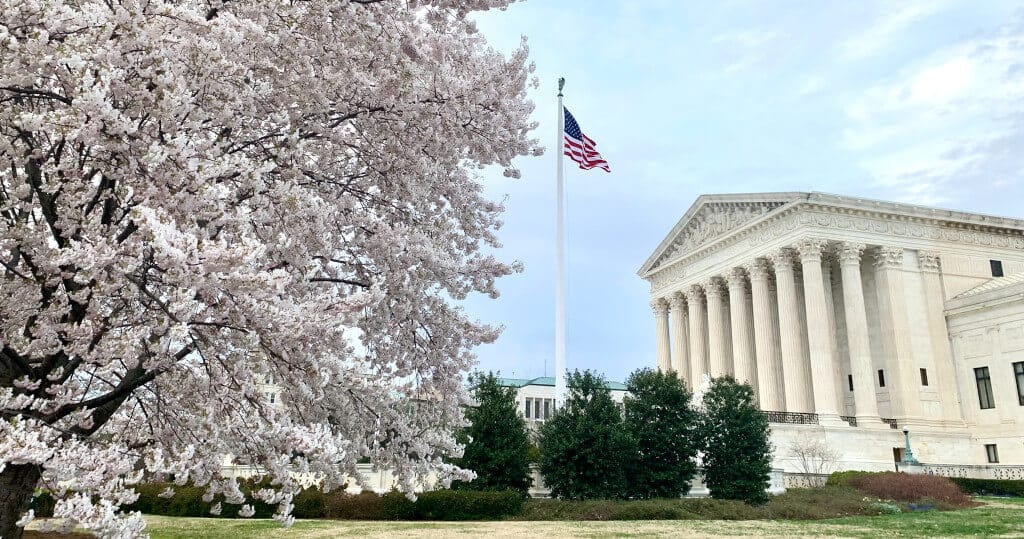
The result was an outpouring of opposition to the Supreme Court’s decision. It took just two days before Congress had a proposal presented to it which was in due course to become the 11th Amendment.
Interpretations of the 11th Amendment
The aim of the proposal was to overturn the ruling brought by the Supreme Court in the Chisholm case.
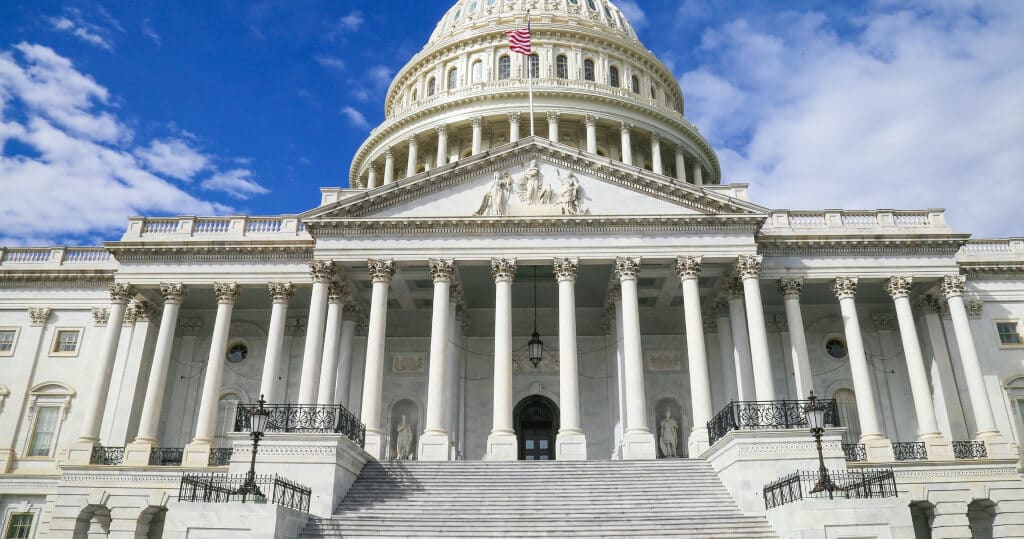
It comprised 43 words, and the aim was to ensure that federal judicial power did not extend to disputes involving states and a citizen of a different state or a foreign state. It was ratified on February 7, 1795.

Get Smarter on US News, History, and the Constitution
Join the thousands of fellow patriots who rely on our 5-minute newsletter to stay informed on the key events and trends that shaped our nation's past and continue to shape its present.
Unfortunately in attempting to make things clearer, Congress managed to make things more opaque. There are four different interpretations of the Eleventh Amendment:
- In the simplest terms, that a state can only be sued in a federal court if it agrees.
- Another interpretation is that a state can be sued by someone from another state or a foreign state, but not by one of its own citizens.
- The exact opposite interpretation is that a state cannot be sued by someone from a different state thanks to Eleventh Amendment immunity.
- A more general interpretation allows the principle that a federal court cannot hear a case against a state. Should Congress, for some reason, take away a state sovereign immunity, then it will no longer enjoy protection from being sued in a federal court.
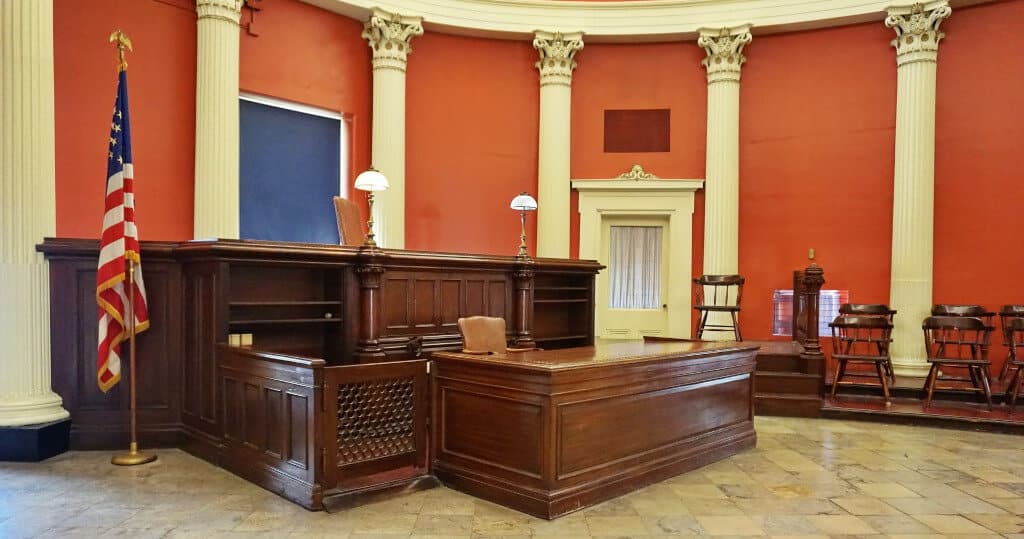
Exceptions to the 11th Amendment
There are four accepted exceptions to the ban on federal courts hearing these types of cases:
- Lawsuits can be brought in a federal court against municipalities, cities, and counties within a state.
- If a state gives its consent, then a lawsuit against it can be heard in a federal court.
- Where a state itself breaches federal law, it cannot be sued. However, a state official can be ordered to abide by federal law in his or her own name.
- It is possible for Congress to suspend or remove a state’s immunity from being sued in a federal court. Congress has to be seen to be absolutely clear in its reasons for taking this step.
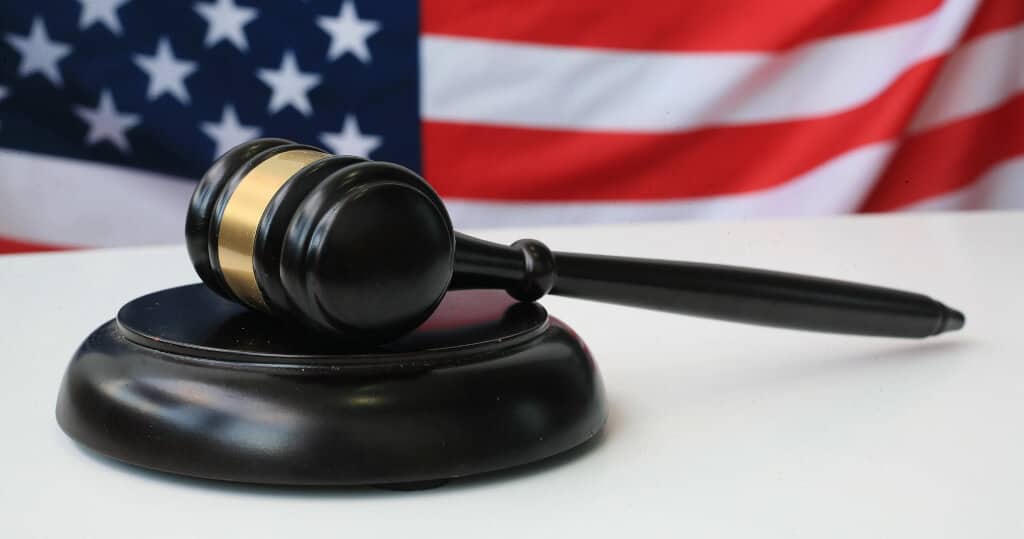
Partial State Sovereign Immunity
The 11th Amendment supports the legal position that the states that make up the United States are each independent and sovereign. Part of that sovereignty has been handed over to the federal government.

This was done voluntarily in order for the states to be part of the United States of America. In turn, this, then, means that their state sovereign immunity from being taken to court is also only partial.
The constitutional amendment was passed, and ratified by all the states, in 1795. It was the first constitutional amendment to be passed in response to an issue that had arisen in interpreting the laws of the new United States of America.
The 11th Amendment to the United States Constitution Explained Quiz
Frequently Asked Questions
What was the case that led to the creation of the Eleventh Amendment?
What was the main purpose of the Eleventh Amendment?
What are some interpretations of the Eleventh Amendment?
What are the exceptions to the Eleventh Amendment\'s ban on federal court cases?
When was the Eleventh Amendment ratified?
How useful was this post?
Click on a star to rate it!
Average rating / 5. Vote count:
No votes so far! Be the first to rate this post.
We are sorry that this post was not useful for you!
Let us improve this post!
Tell us how we can improve this post?
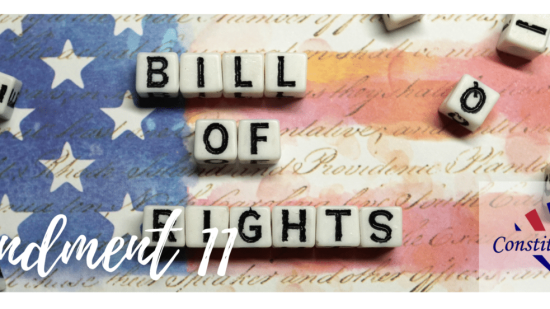
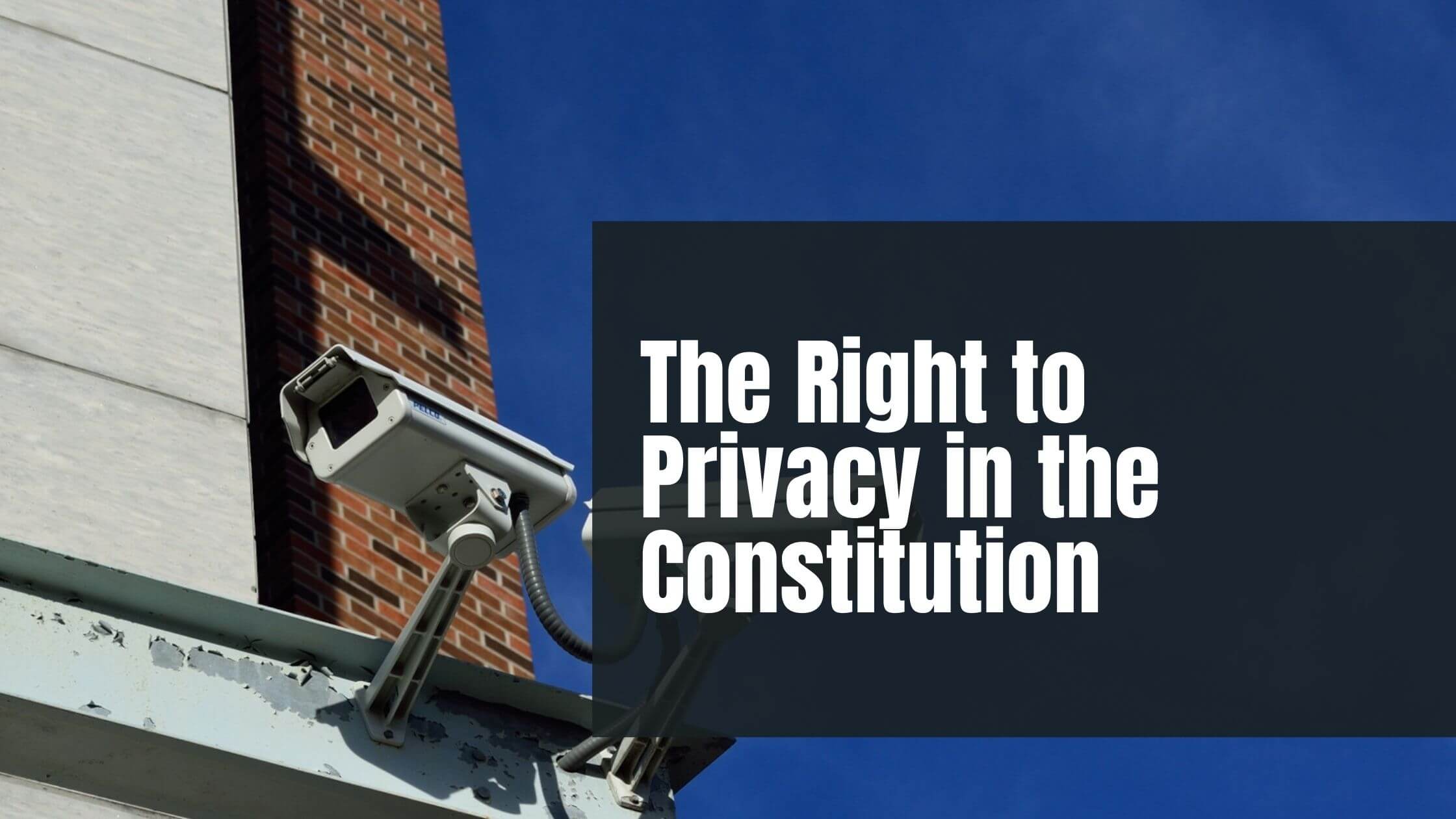
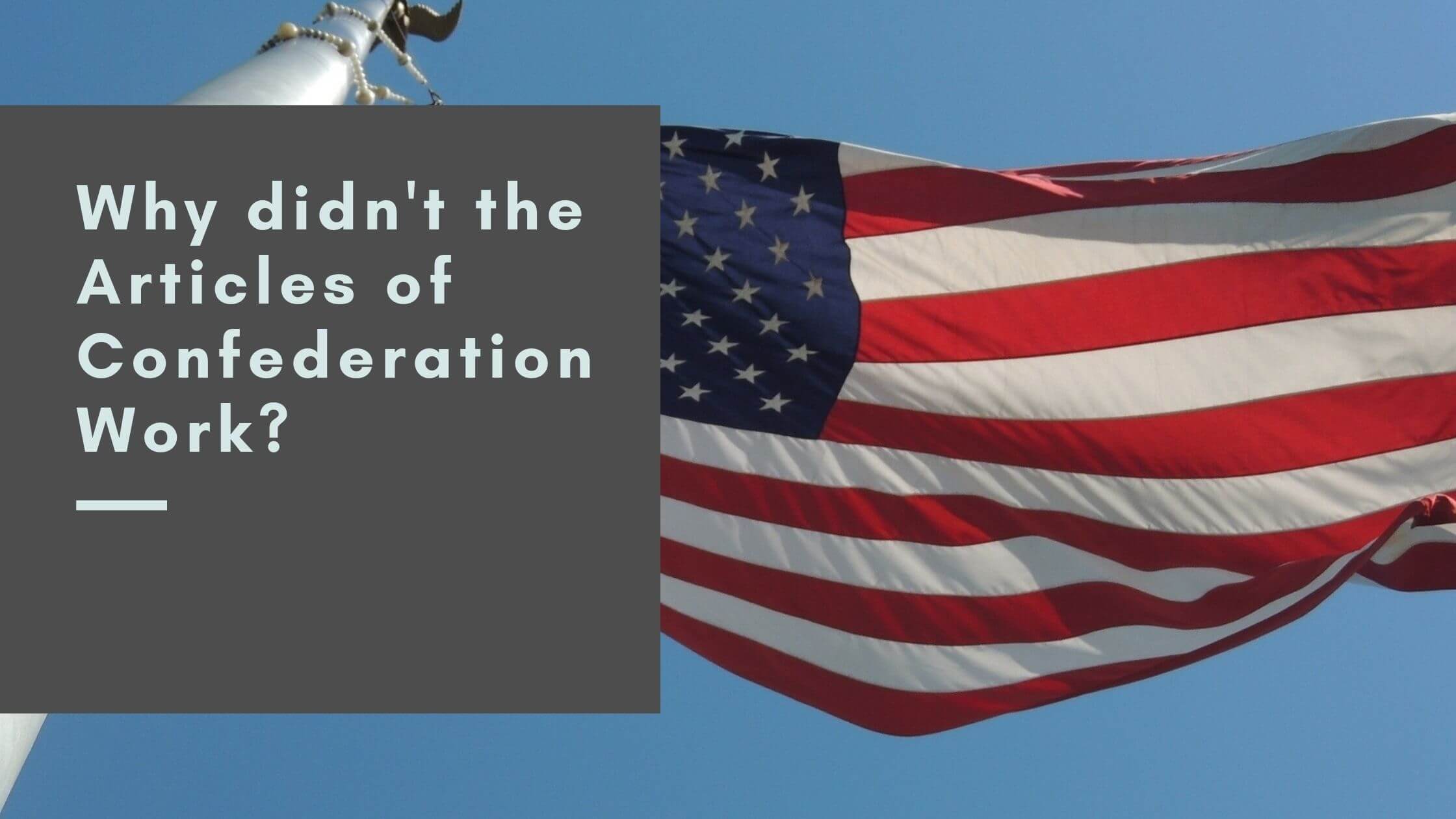
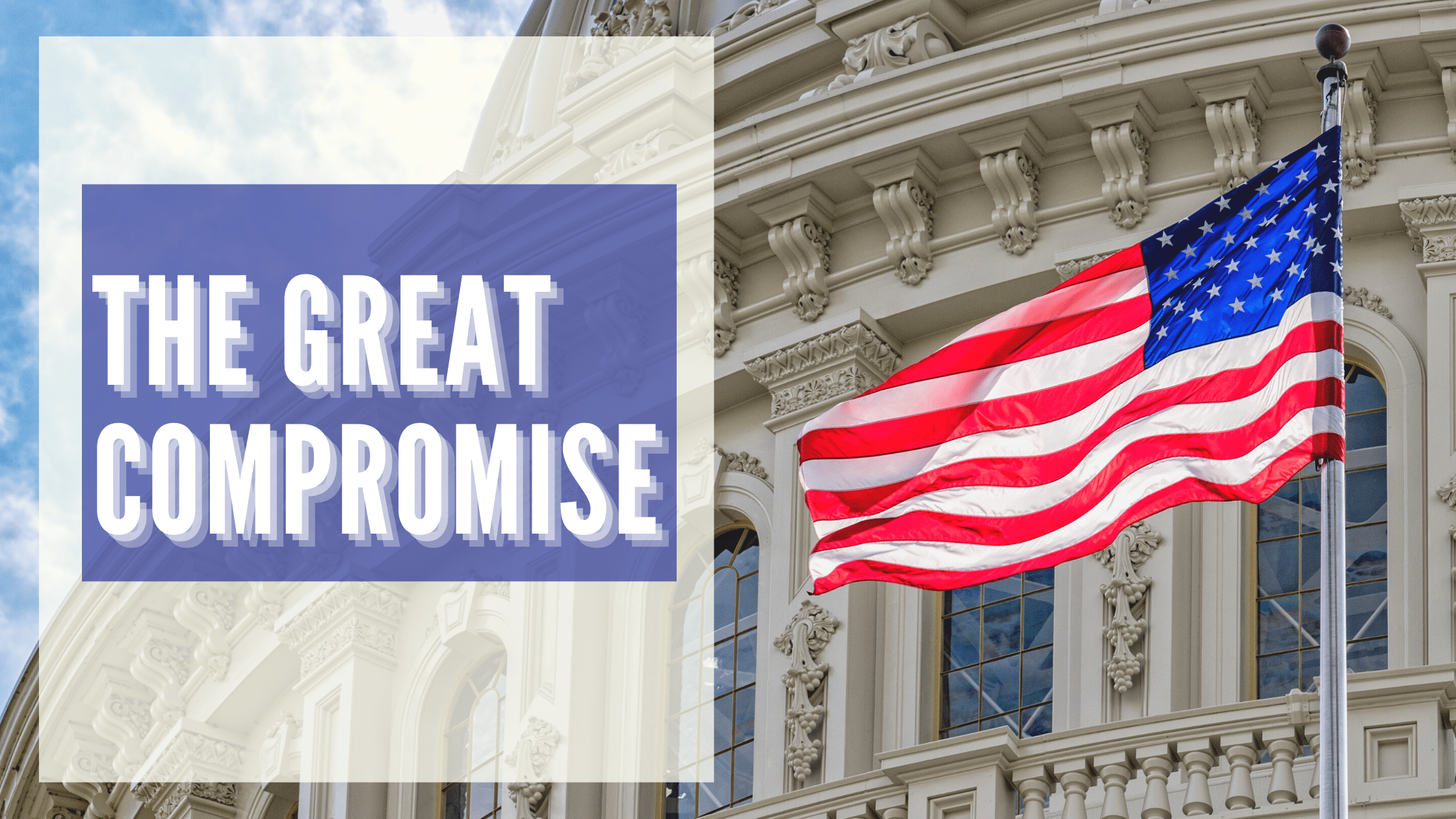
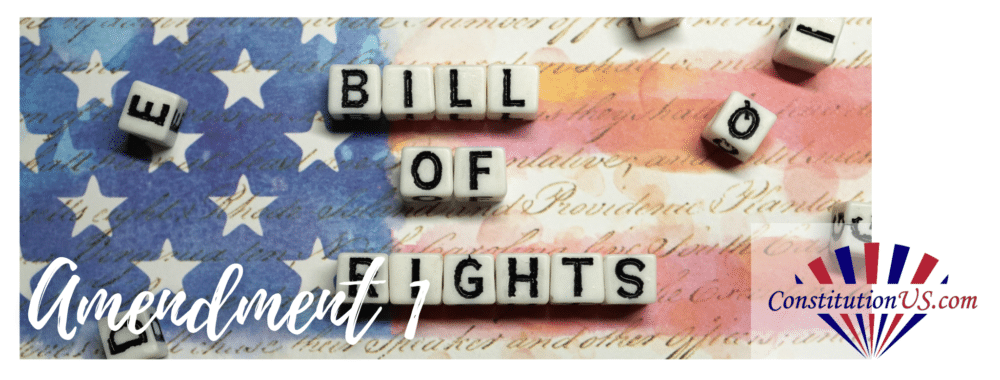
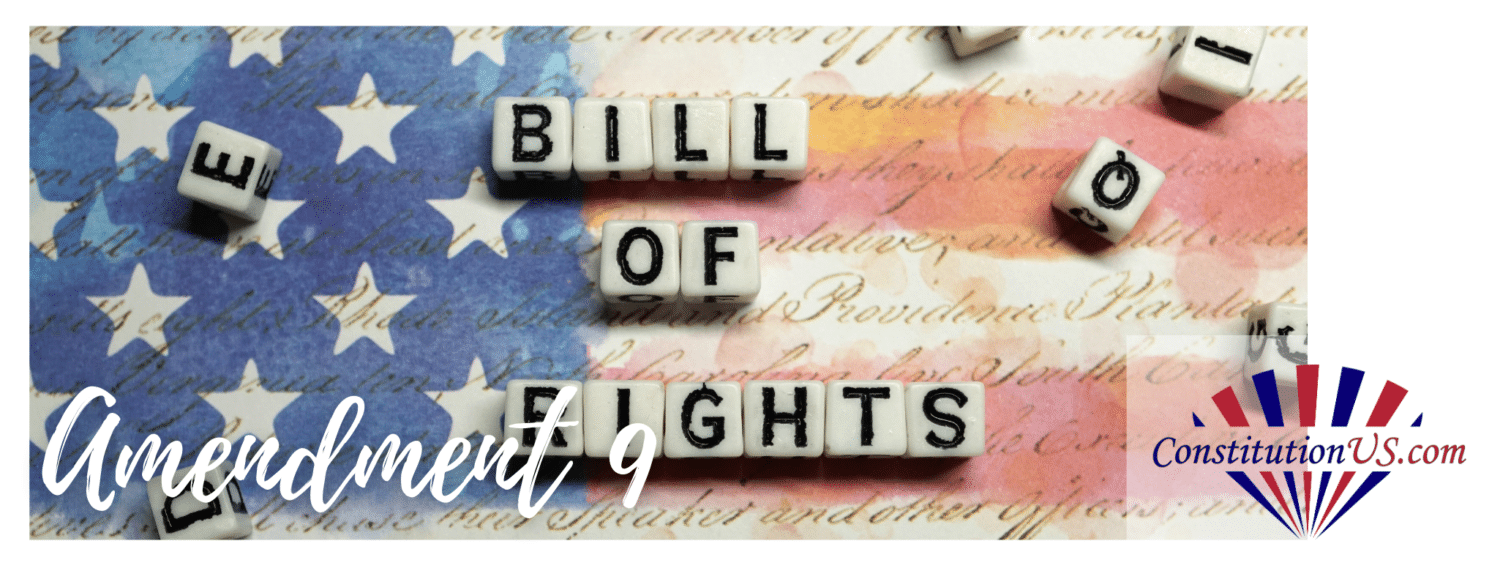

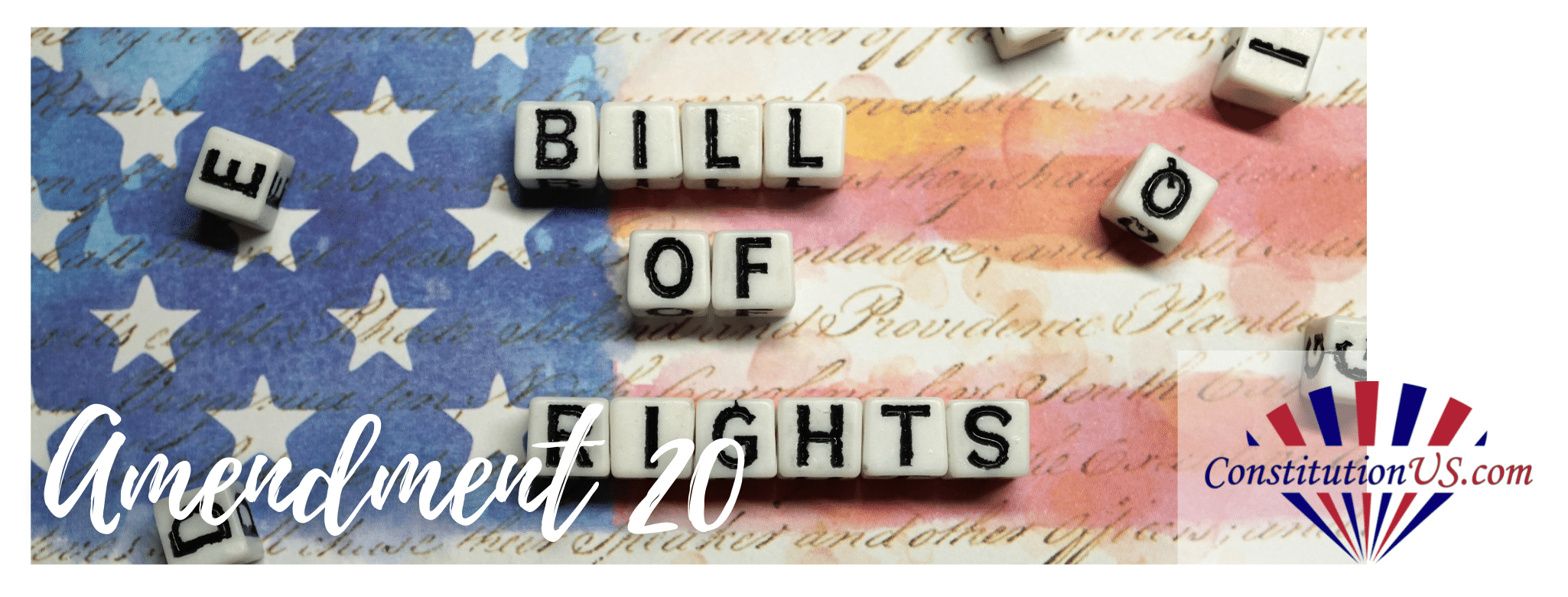
One Response
Of the four different interpretation of the 11th Amendment, two are polar opposites. Congress went far beyond opaque in its efforts to clarify, by any estimation, if conclusions that are diametrically opposed can be drawn. Something so obvious, at a defining moment, no less, could not have been accidental. Like much of the work of Congress, from necessary and proper, to implied, their use of power never leaving much to chance. Seems like great capacities of human invention have been set for some time on devising systems utterly invulnerable to reform.